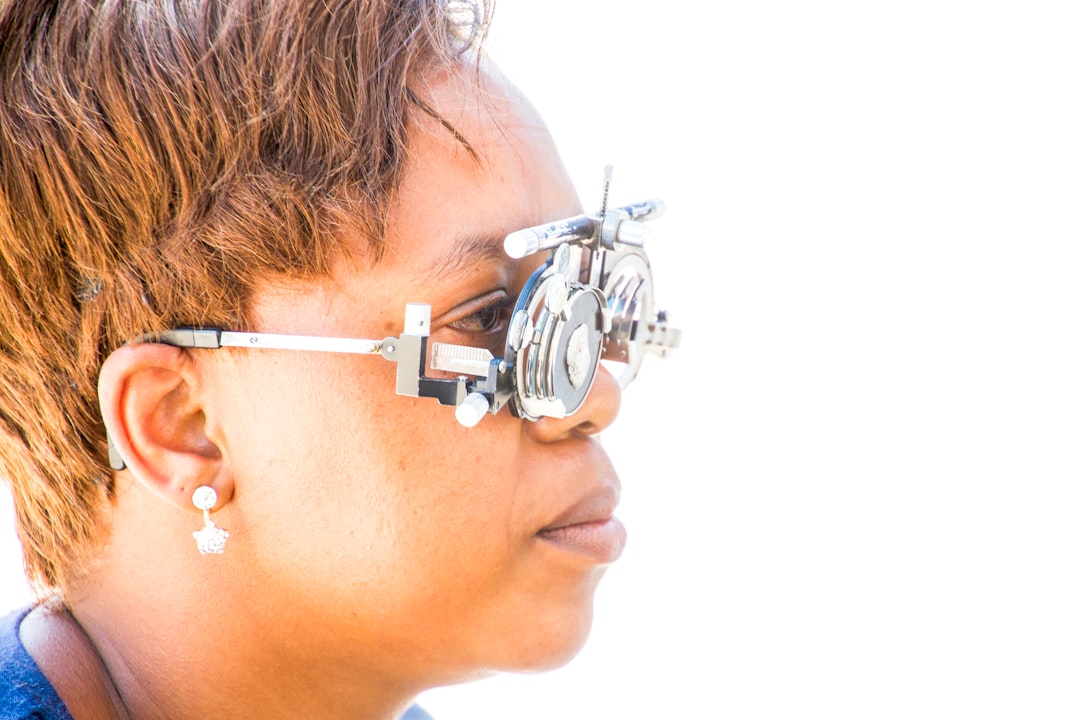The Turing Test, developed by English computer scientist, Alan Turing, in 1950, exists to determine if – when – a machine behaves in a way that makes it indistinguishable from a human being. It’s the moment when machines stop being tools and become sentient; it’s when you can’t tell if you’re talking to a human—or a computer.
What Is The Next Step
In 2018, Google’s Duplex system so convincingly mimicked human speech that it is considered to have passed the Turing test in this one aspect. Google considers this a major milestone in the development in AI, and it is certainly a huge step forward.
Speech is one thing, but what happens when a machine is so lifelike that it appears human in every way? Sci-Fi TV shows, movies, and even video games have grappled with this question for years. Those have all been like our rehearsals for the real play, which may open on the world stage sooner than later.
Ethical Quagmire
The ethical questions start almost immediately: If we relegate these super-advanced machines to the role that Alexa and Siri fill now, are we oppressing sentient beings, or just using machines and computers in the same way that we do now?
If these machines truly are indistinguishable from humans in the ways that they communicate and interact, then what will be the right thing to do when Roomba tells us that it doesn’t feel like vacuuming the floor, or our GPS gets mad at us when we take a wrong turn? Do we need to consider the feelings of AI? Should AI be granted rights?
Emotional Entanglement
The ethics only grow more complicated. If there are feelings involved, can a human and machine develop a relationship (familial or romantic)?
If we use drones with AI that passed the Turing Test like the one shot down in the Middle East in June, 2019, do we hold an ethical responsibility to retrieve the being or accept the loss of property?
Is it a thing or an entity?
If these are entities and we keep them working for us, are we exploiting them?
Fears and Fascination
The implications of our advancing scientific achievements are certainly exciting, but also frightening. Some decry the day when AI passes the Turing Test, fearing the answers to one or any of these questions. Others recognize that these questions represent major breakthroughs in human scientific, technological, and social development.
While we wait for the day when an AI passes the Turing Test, we have plenty to occupy ourselves in preparation for its arrival. These and other, deep questions that challenge our society, human nature, religions, and culture must be considered. …Maybe there is an algorithm that can help with that…











